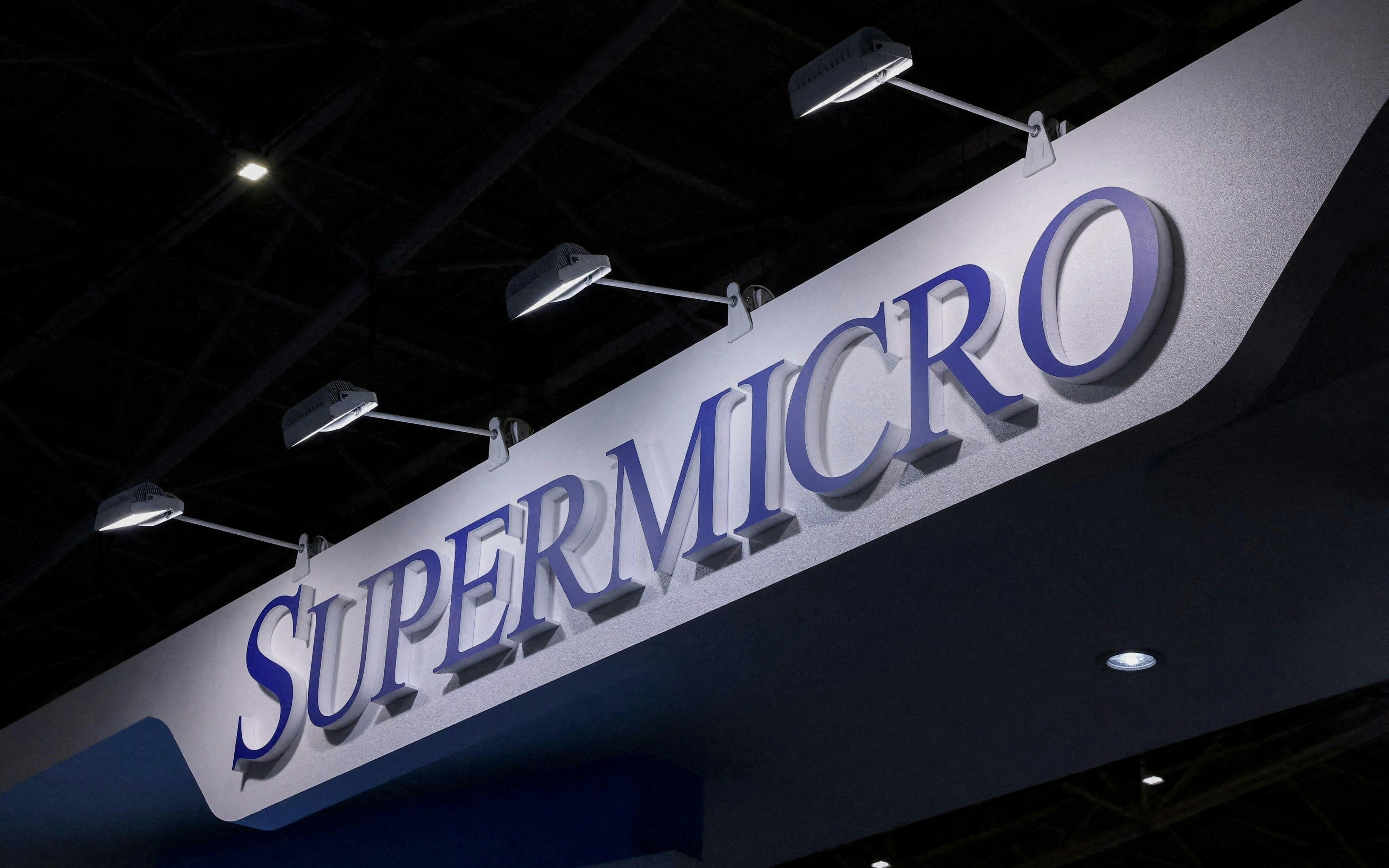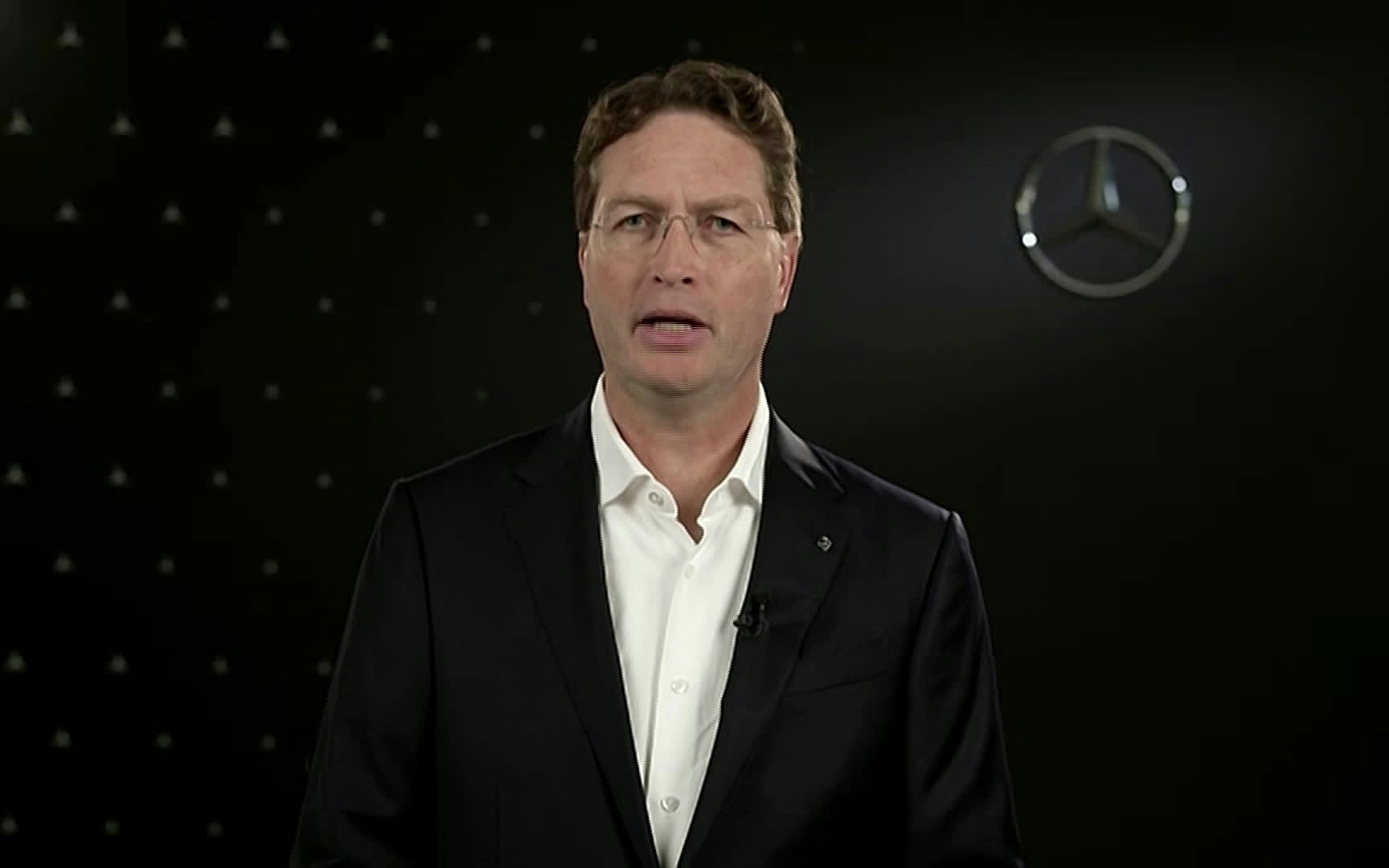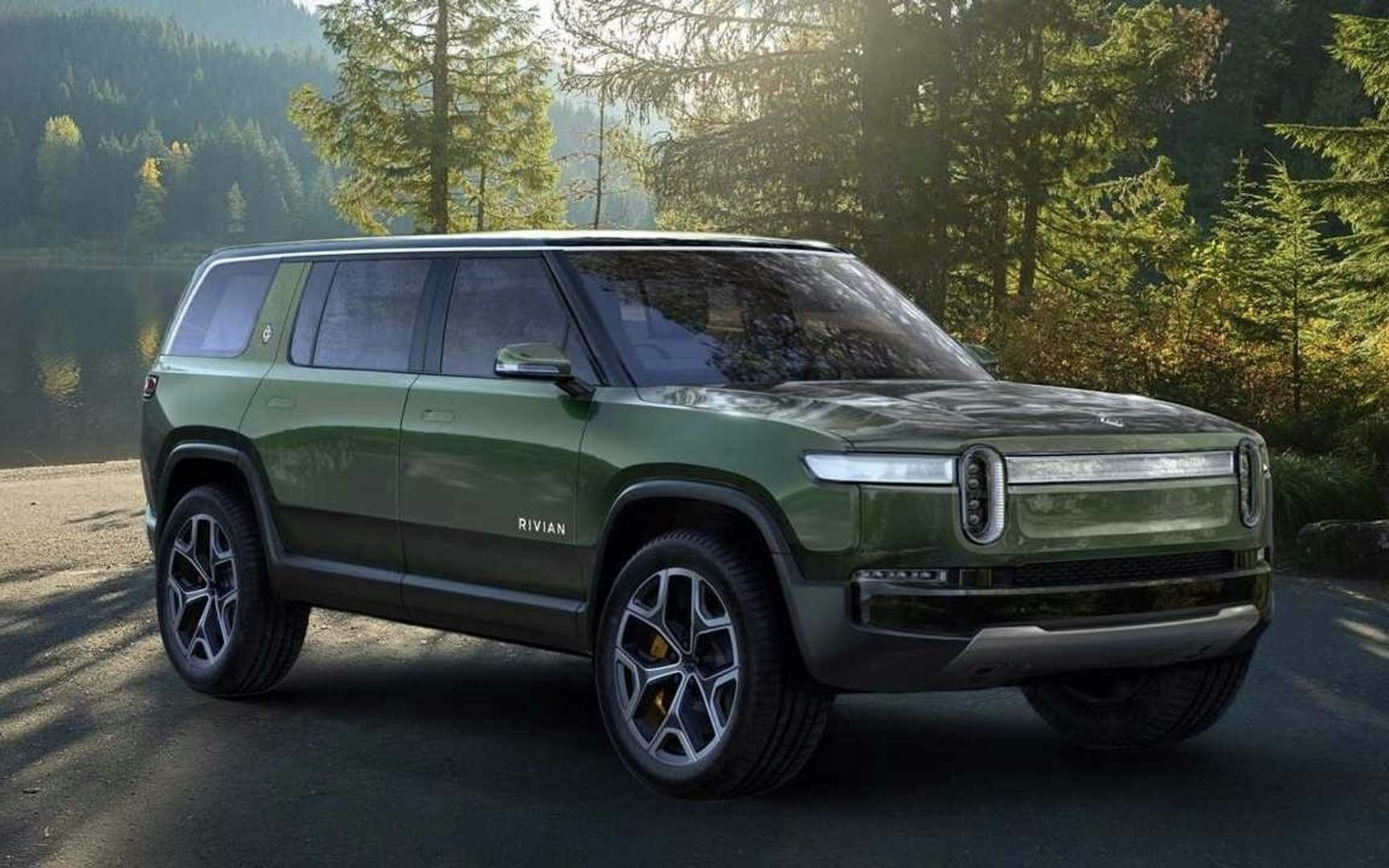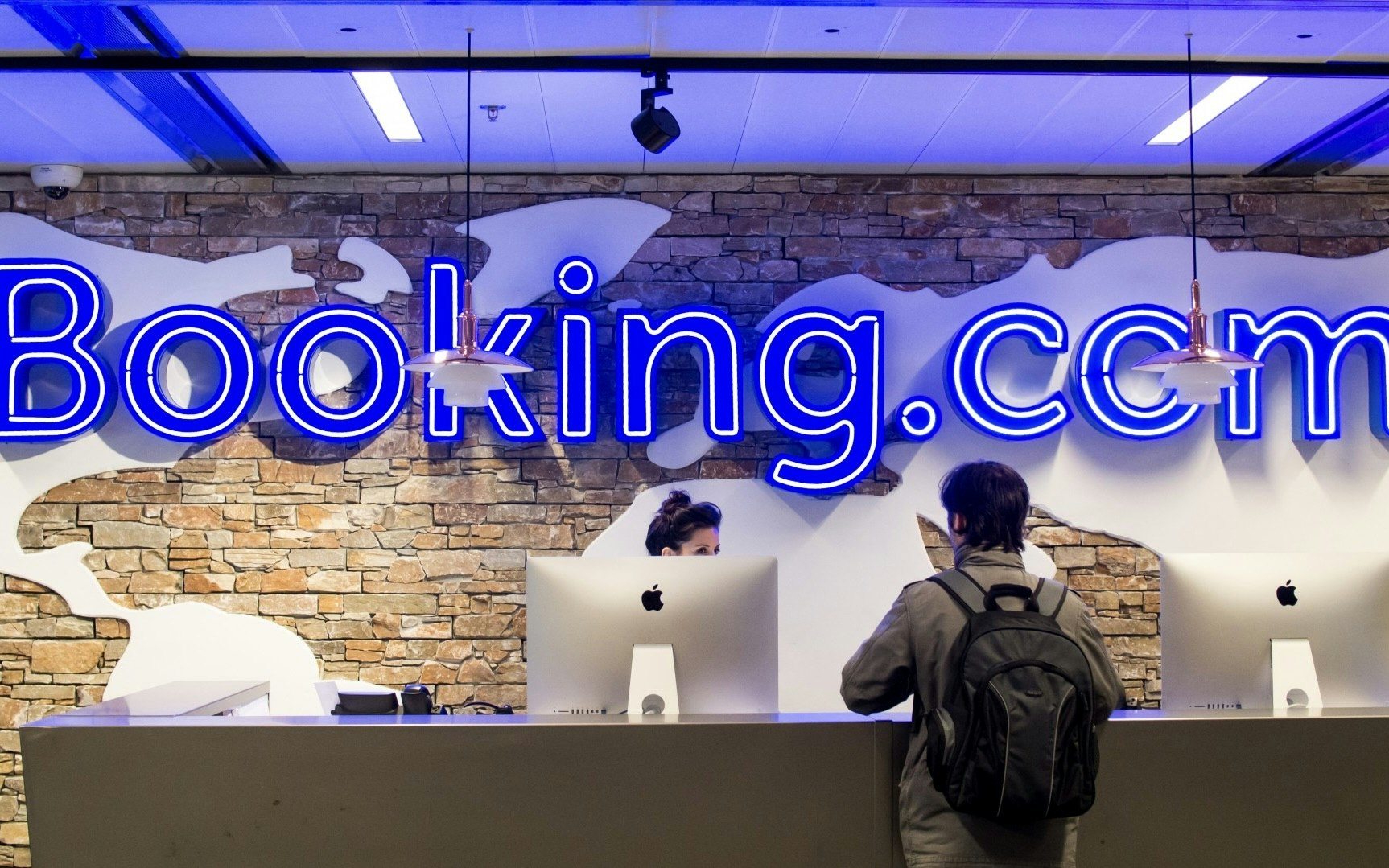Business
Former VW CEO Diess defends hybrid strategy against criticism from works council
Herbert Diess defends Volkswagen's hybrid strategy during his tenure and contradicts the criticism from the works council.
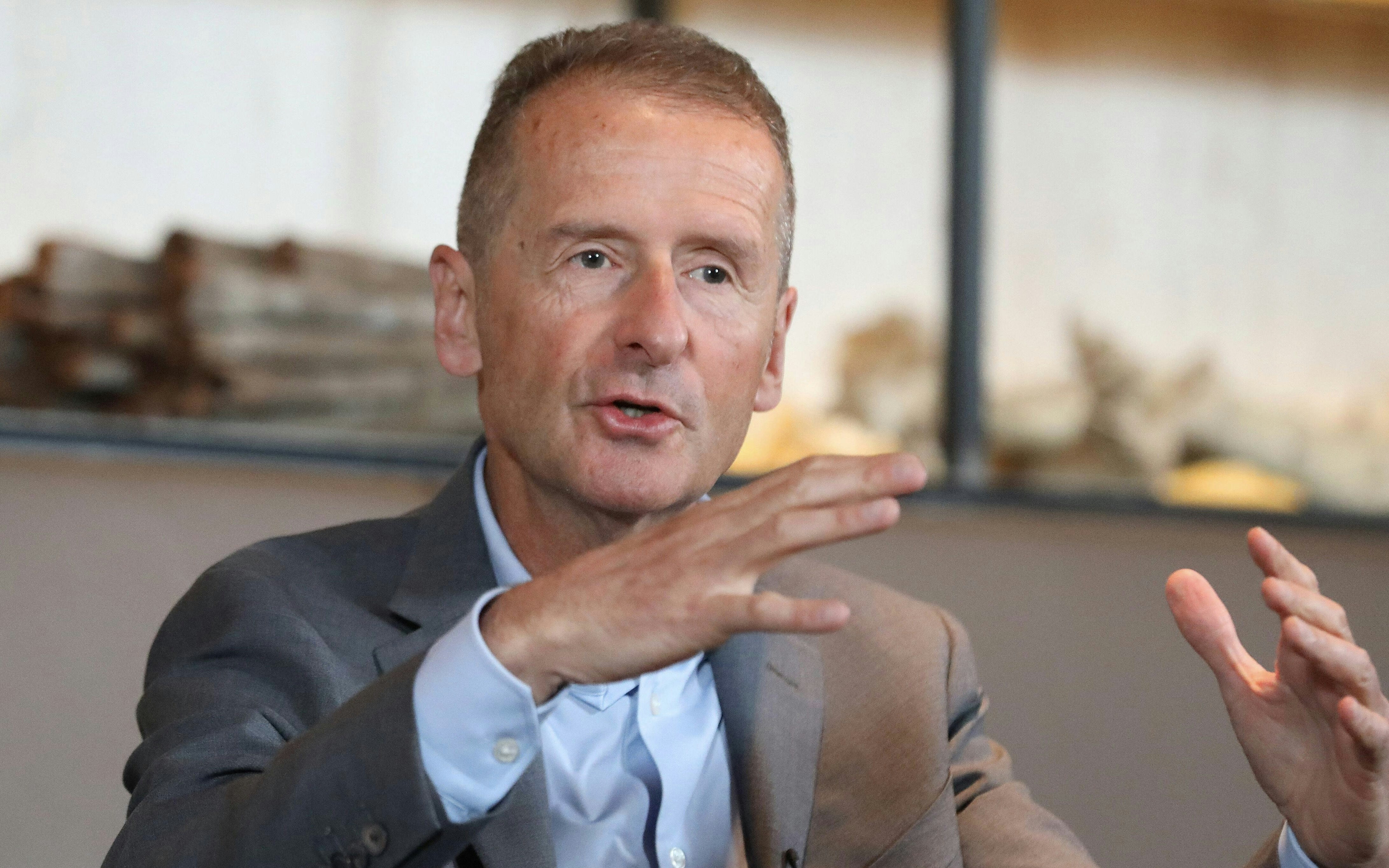
Herbert Diess, former CEO of Volkswagen, has denied allegations that he left Europe’s largest automaker “emptied out” in terms of hybrid vehicles. Daniela Cavallo, chairwoman of the VW works council, had criticized on Monday that Volkswagen under Diess' leadership had neglected hybrid technologies while their popularity increased and interest in electric vehicles waned.
Diess, who left the company in 2022, strongly disagreed with this portrayal. He told the Financial Times that VW has an "excellent portfolio" of plug-in hybrids, including models such as Tiguan, Passat, and Golf. In the first half of 2023, 3 percent of the over four million VW vehicles sold worldwide were plug-in hybrids – an increase of nearly 20 percent compared to the previous year.
Plug-in hybrids, which can run on both electricity and fossil fuels, are becoming increasingly important to car manufacturers. However, they remain expensive as they rely on large batteries. By contrast, consumers often prefer full hybrids, which are more cost-effective and use smaller batteries. Toyota, a pioneer in hybrid technology, sold 5 million vehicles in the same period, 41 percent of which were hybrids.
Diess explained that during his tenure, no additional investments in hybrid vehicles had been possible because the technology had fallen into disrepute in Germany due to public discussions and political decisions. He described this as a "missed opportunity" and argued that hybrids were a better alternative to electric vehicles both economically and environmentally. Longer ranges in electric cars required larger batteries, which were both more expensive and more environmentally harmful.
Diess also criticized the inconsistent support of the German government for electric vehicles, including the abrupt stoppage of subsidies at the end of 2022 and the slow expansion of the charging infrastructure. This has dampened the demand for electric cars.
Cavallo's criticism comes at a time when Diess' successor, Oliver Blume, is considering layoffs and possible plant closures in Germany, a break with a three-decade-old job guarantee. Similar proposals cost Diess his position three years ago after he clashed with the powerful VW works council. The works council, which controls half of the seats on the supervisory board, often enjoys the support of the state of Lower Saxony, which holds 20 percent of Volkswagen's voting rights and is a strong advocate for preserving jobs in the region.





